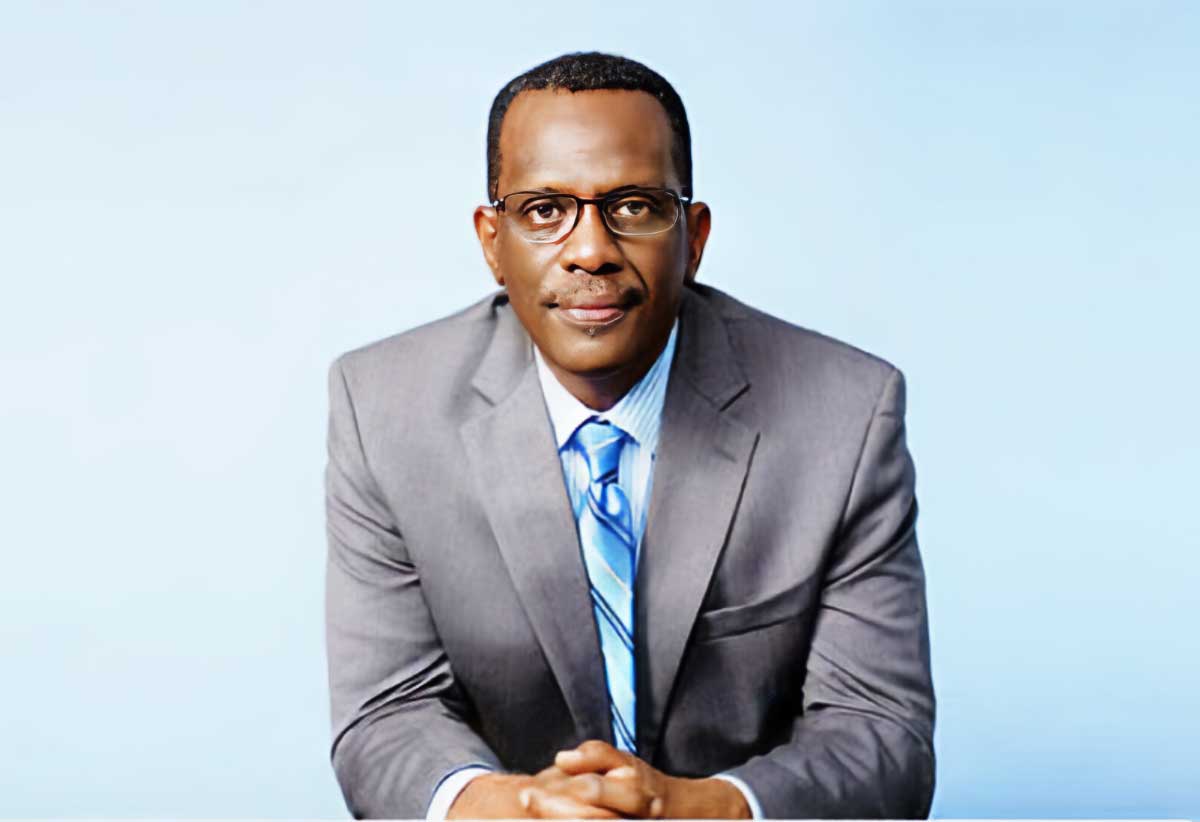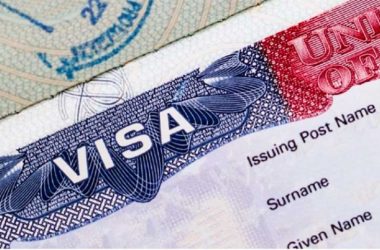
IN celebrating the 2-year anniversary of the Philip J. Pierre Administration, it may be an appropriate juncture at which to measure the extent to which the government has delivered on the commitments they made to the electorate during the 2021 campaign.
There has been, over the years, a certain cynicism regarding the fulfillment of manifesto promises. Many regard them as simply having been employed by the political parties as bait to inveigle the people into voting the party into office. It is generally felt that there is no intention to even attempt to carry out what are ostensibly solemn undertakings, a kind of contract of faith with the citizenry. And the performance of many of our governments and individual politicians in the past has understandably led to these perceptions.
Whether or not this is a callous disregard for the broad masses in this respect can be the subject of much debate. What is clear however, is that narrow interest groups with the means of lobbying and arm twisting far beyond their numerical strength have traditionally been able to dictate the actual policies of government, often in ways that are inimical to the interests of democratic participation and social and economic development of our people at large.
The Saint Lucia Labour Party in government has however, since its 1997 victory at the polls, indeed if not before, has sought to faithfully follow the programmes of development that it has articulated in its manifestos. It has done so by architecting its development strategy and its project undertakings around the pronouncements it has made.
With the foregoing as a point of departure, this article would like to examine how the government has gone about achieving the deliverables it set itself in Education Policy. How far along the road it has gone, given fiscal limitations.
The document, Saint Lucia Labour Party: Putting You First, presents a well-integrated plan for taking the country forward from the ravages of COVID-19 and from the giddy-headed adventurism of the previous five years – not to mention the palpable corruption that is still to be dealt with. One of the elements of this integrated approach is its education policy and the initiatives flowing therefrom.
“We shall promote education as a right and not a privilege and a means of unlocking the full human potential of every citizen” (Putting You First: p.21). Within this broad policy framework, initiatives are articulated under the headings of Early Childhood Education, Primary & Secondary Education, Technical and Vocational Education, ICT and Tertiary Education. At the end of Year 2 going into 3, where are we along this arduous but absolutely necessary path?
The underpinnings for this thrust forward in education had already been set by the introduction of Universal Secondary Education, and the One Laptop per Child programme, which was aborted by the last UWP administration. The task was therefore to strengthen the first intervention and to correct the aberration in which the second became mired in all kinds of ill-conceived ideas. These actions were to set the stage for the far more ambitious suite of education deliverables proposed in the manifesto. So, what has the PJP Administration done thus far in respect of its education programme?
The programme that seeks to make laptops and other appropriate electronic devices available to a larger number of secondary school students has been resuscitated and intensified. So far, some thousands of devices have been distributed, with plans to augment this significantly. This is happening at a time when gaps in the Universal Secondary Education (USE) system are being addressed. It should be noted that some sages among the opposition and their surrogates had been critical of the system, advancing the shortsighted idea that the USE should not have been introduced until a perfect system was devised – one apparently devoid of any hiccups. However, the very prudent move of the Kenny Anthony Administration to introduce Universal Secondary Education, ensured that we were not left lagging behind others in the region, and that we have been able to identify gaps and make interventions to deal with these in a timely manner.
Moving from these imperatives, the following has been done:
• Thousands of laptops and other electronic devices are being made available to all secondary school students. A programme that was initially limited to form 3’s and 4’s has now been extended to encompass all.
• A $500 bursary for each student entering secondary school to assist parents with providing school supplies has been reinstated.
• CSEC payments of Mathematics and English for all students writing the exams, with the stated intention to expand this over time to other subjects.
• Facilities fee payments for all students
• The increase of the annual amount given to teachers, from $600 to $1100. This is intended to assist teachers in providing the educational materials and aids that they have voluntarily provided over the years.
• The aggressive pursuance of the provision of scholarships to tertiary education institutions. The unprecedented rate at which these are being provided seeks to achieve the Labour Government’s goal of at least one university student per household within a reasonable period.
• The advanced stage of moves to integrate early childhood education more organically into the broader education system. The adhoc development of early childhood education as has obtained over the years is being addressed purposefully. For some time there has been a recognition that this is one of the weak links in education policy, but the response to this problem has been woefully inadequate.
These interventions and programmes, along with others, are intended to be intensified and broadened as the PJP Administration is able to dedicate more resources to them. There is much more to be done especially regarding technical and vocational education and training, and other areas addressed in the manifesto. These, of course, must be fleshed out and implemented by the government and the Ministry of Education. The administration thus far has shown itself to clearly set on course to delivering on its education commitments.













